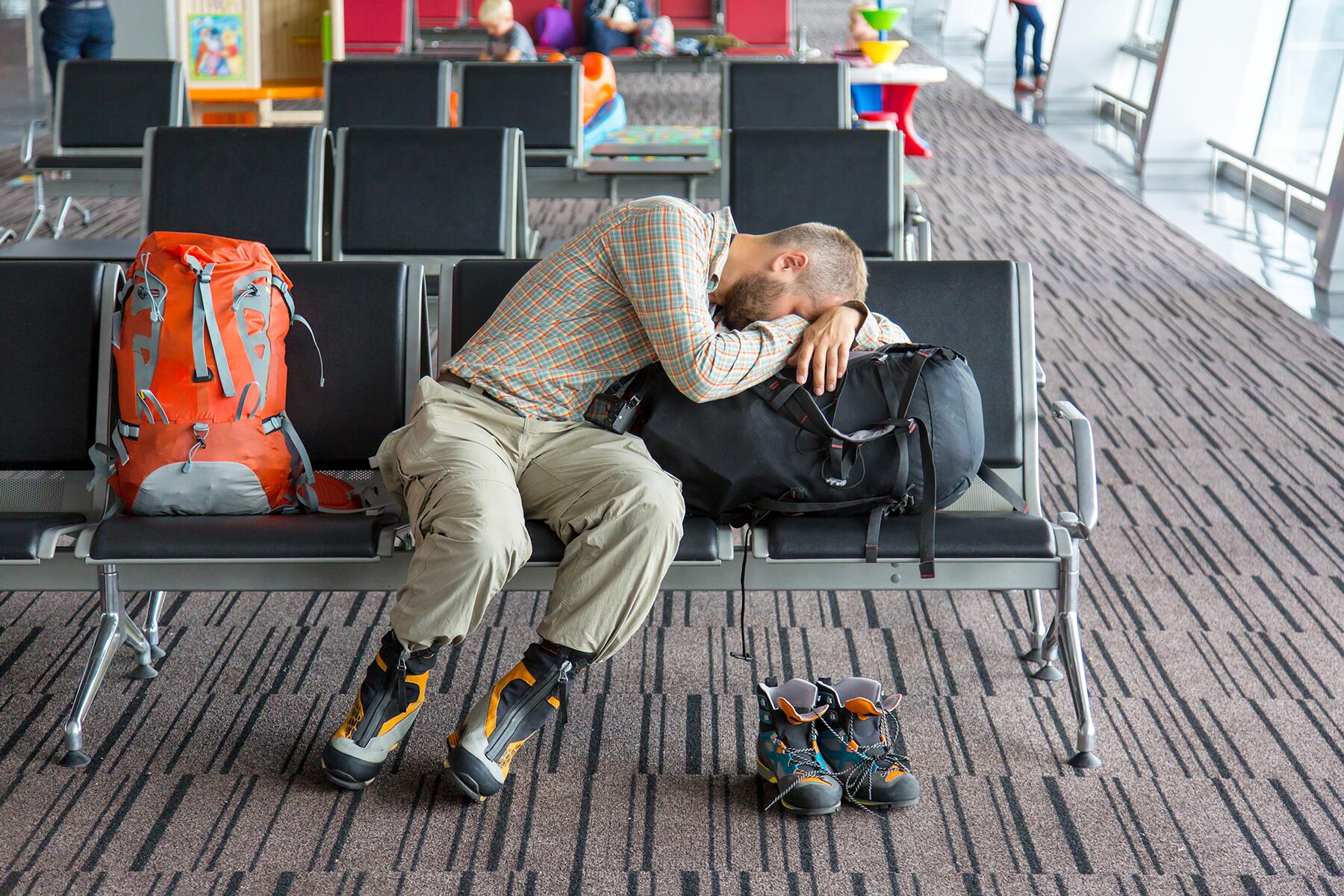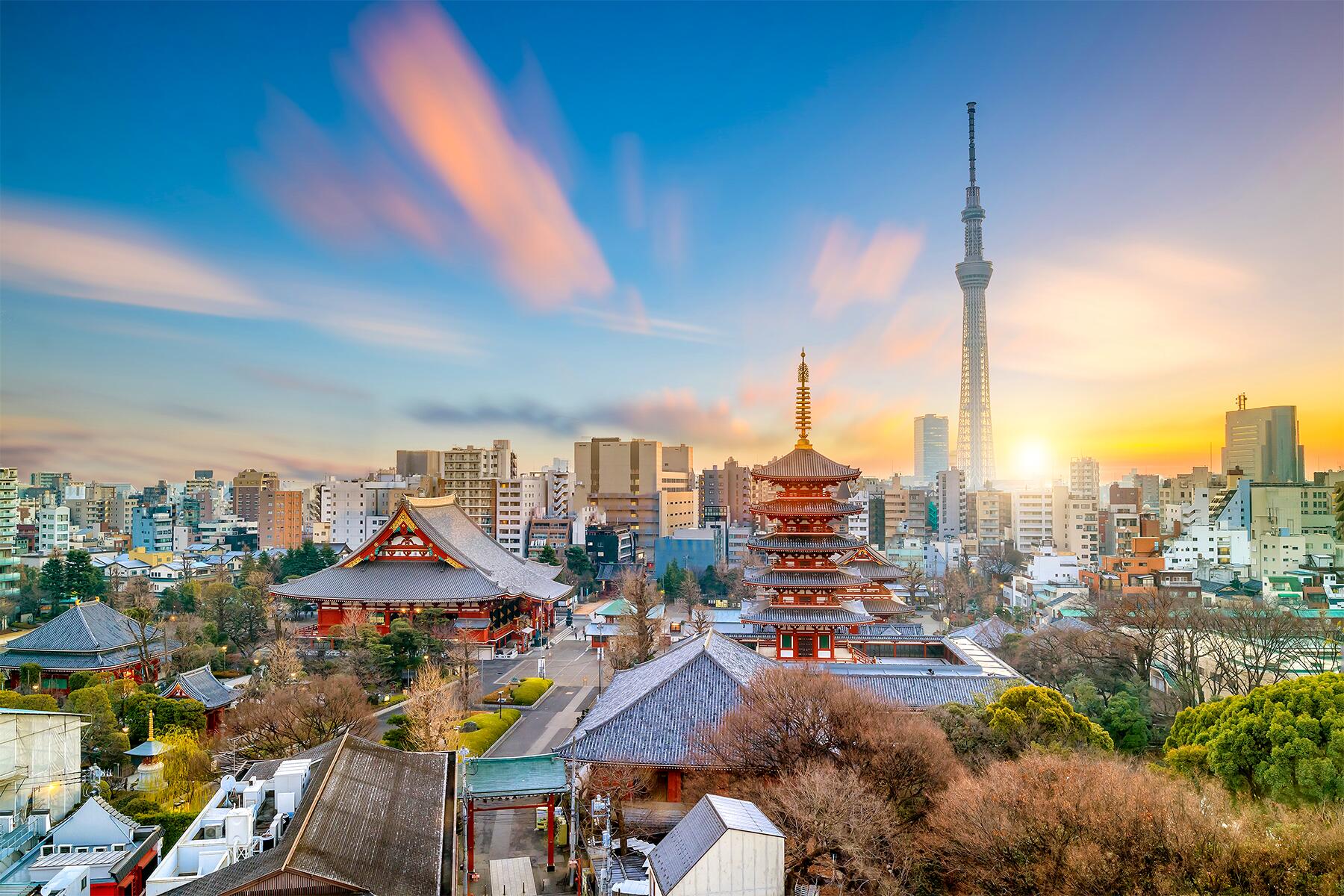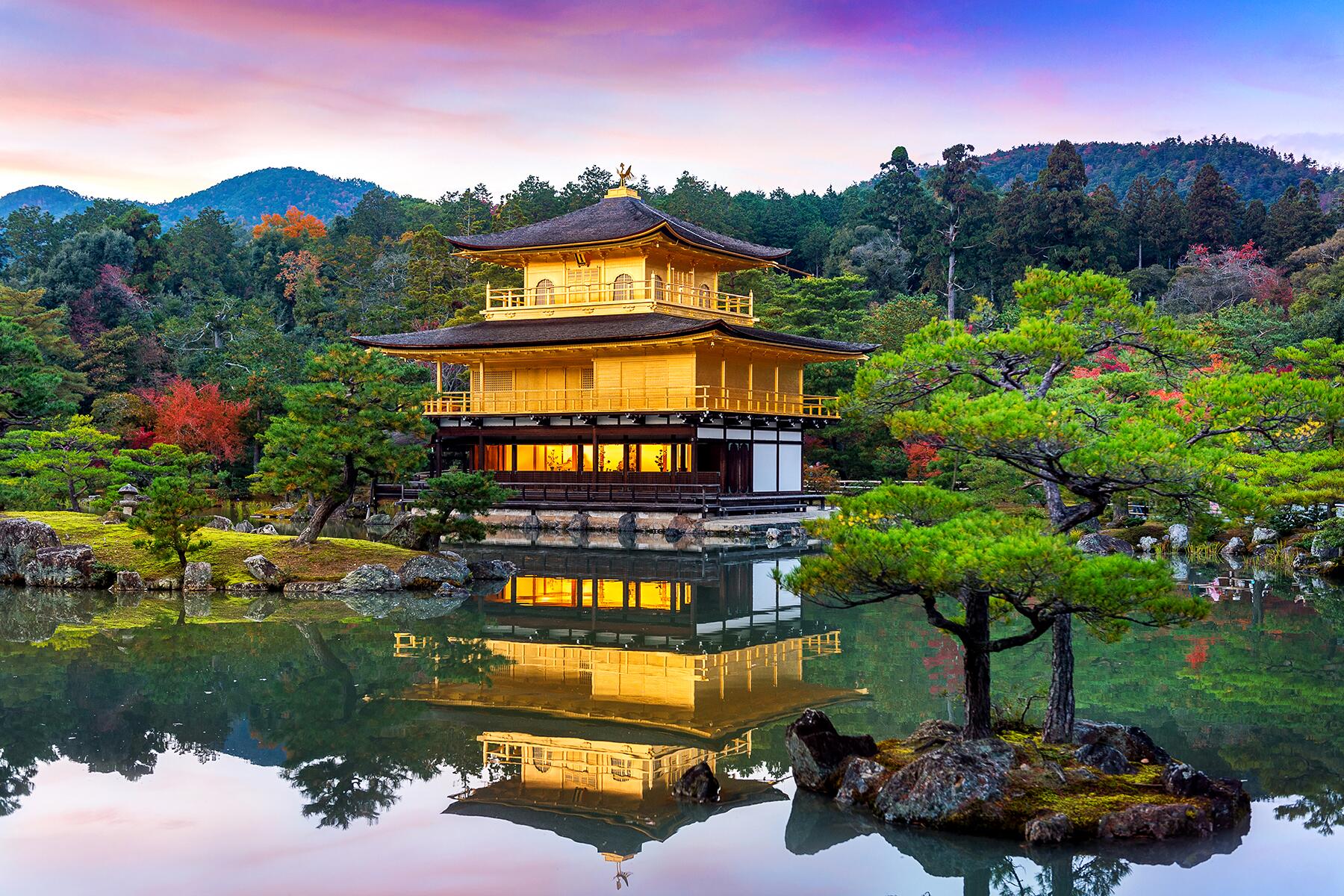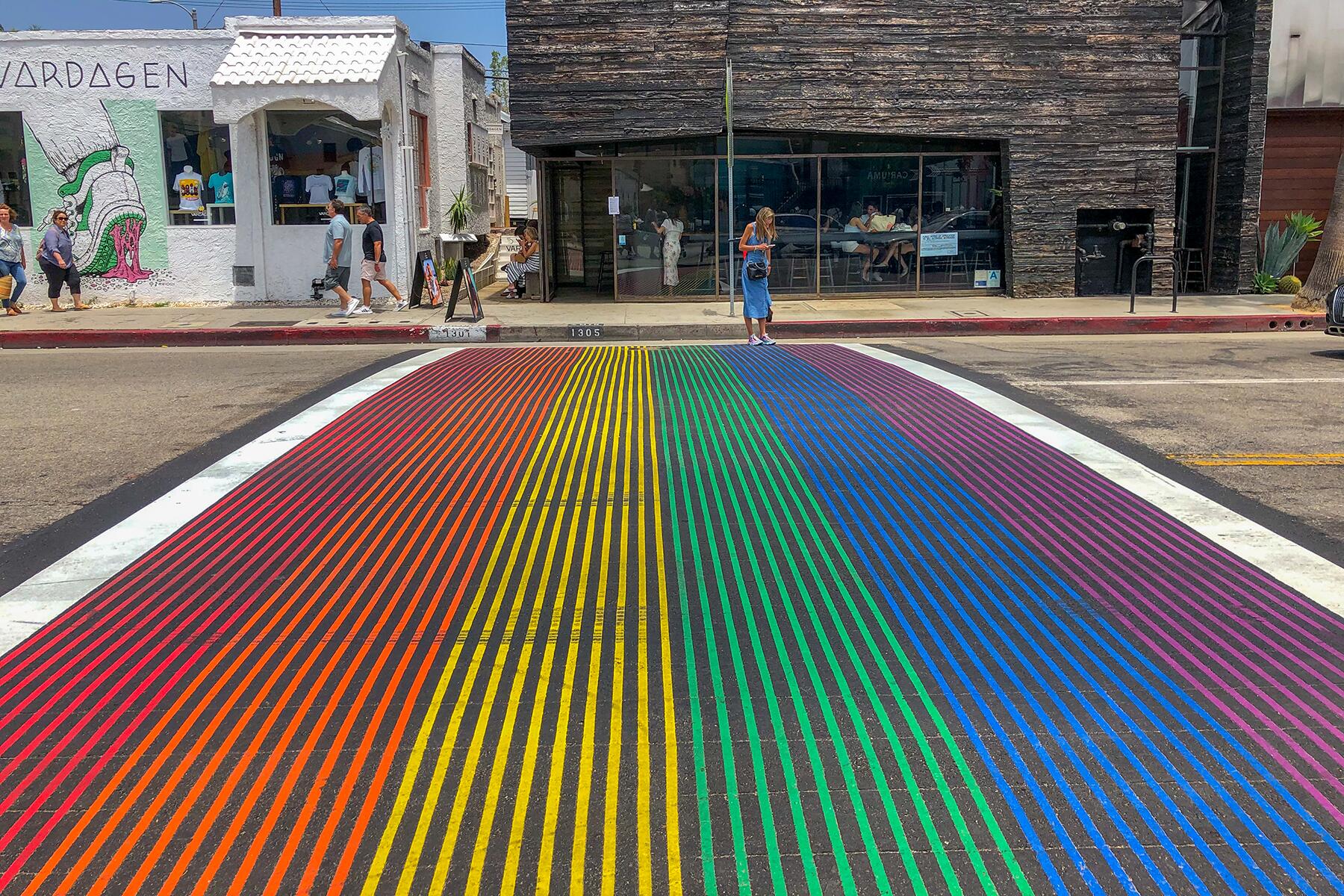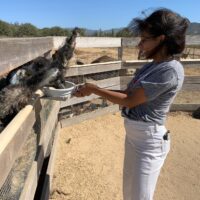Spaces for the LGBTQIA+ community in the City of Angles have suffered greatly in the last year.
Ever heard of “the third place”? Coined by sociology and anthropology professor Ray Oldenburg, it’s the place, “where you relax in public, where you encounter familiar faces and meet new acquaintances.” Essentially, it’s any place that is not our work or home. Since the pandemic began over a year ago, many of us have lost our third places. And our first and second have become an amalgamation, fusing together like a two-headed cobra.
There’s no place to take the edge off, to find community and connection, to dance that isn’t our living room. For the past year, we’ve lost the third place.
Here in Los Angeles, pre-pandemic, we had our pick of these spaces. And post-pandemic, it’s those spaces that have taken the hardest hit. Any place that fosters that kind of neighborly camaraderie—be it bars, restaurants, clubs, coffee shops, and/or community centers—has been placed on pause.
And while it’s been mind-numbingly painful to miss the casual coffee shop interaction, or not be able to get ready for a night out, there’s an L.A. community that’s doubly affected by the loss of these spaces.
Top Picks for You
Recommended Fodor’s Video
When a queer-friendly space closes, what’s lost is more than just community: it is identity, it is safety, it is the loss of culture. For this piece, I spoke to three iconic queer spaces in Los Angeles about how they’ve pivoted, the significance of their closure, and what’s next.
Cuties, a Former Coffee Shop and Community Space, Has Taken on a New Virtual Identity
Sasha Jones became a CEO in the middle of a pandemic. The former Cuties barista turned manager had been at Cuties since 2018 and pre-pandemic became heavily involved in transforming it from a coffee shop to a community space, making the shop more diverse and reflective of its East Hollywood location.
View this post on Instagram
“When I started working there in 2018, I was the only Black employee, even though it was a queer space, I’m still the only Black employee here and that doesn’t feel good,” she says.
Jones focused on hosting BIPOC-only events, and soon the colorful, airy cafe was drawing in queer, Black “cuties”—people coming in who had never even bought a coffee there before.
Just as things were hitting a groove the pandemic hit, and in the days leading up to lockdown, events began to cancel one by one. “Nothing felt real to me, I was still really in denial.”
In August 2020, former co-owner Virginia Bauman announced that Cuties physical space was closing permanently on Instagram. But Jones already had a plan in the works. Bauman passed them the reins while praising their leadership and vision saying, “This brand began with two white folks. If this project is to continue to fulfill its original values, it comes with ownership and leadership, with both centering Blackness.”
“My goal now is just to keep creating community, it was so much more than a coffee shop—I’m in no rush to open a place that’s just a coffee shop.”
Since its physical doors closed in March, Jones has gotten to work, keeping the Cuties community alive by hosting an array of inclusive and imaginative events, like meditations, live drawing classes, a monthly listening party, and a writing class for transitioning trans folk. Her hustle and passion have made Cuties, now a digital destination, feel like a home.
“I hope this will make a lot of us realize the importance of community and how we all really need each other,” she says, choking back tears.
These events serve the unique needs of the Black and trans community, who are often othered and forgotten under the umbrella of the LGBTQIA+ community itself.
As for the future, Jones isn’t preoccupied with securing a physical space.
“My goal now is just to keep creating community, it was so much more than a coffee shop—I’m in no rush to open a place that’s just a coffee shop.”
The future for Cuties looks bright, with new, exciting events always being added to their calendar. And most importantly, creating a virtual safety net for folks in need of belonging and acceptance.
Support Cuties by donating to their Patreon or attending one of their events.
Junior High, a 501c3 Community Space, Gallery, Magazine, and Non-profit, Is Re-opening This May
One of the (many) cool things about Junior High is that it isn’t just “one” thing. A J-Lo level multi-hyphenate, the non-profit, originally based in Hollywood, has become an L.A. cultural hub.
“I always say I want it to feel like my best friend’s bedroom when I was 15. Like, warm and accepting and you laugh so much your ribs hurt. And then her mom asks you to stay for dinner and you feel like she’s your mom, too. And that family is just what you make it to be, ya know?” says founder Faye Orlove. “I just want[ed] the space to feel like you’re supposed to be there, like you’re loved and validated right where you are. It’s a big hug for people who are the most vulnerable.”
The artist was forced to break the lease and pivot to online-only events early last year after lockdown, and after months of looking for a new physical space, signed a lease for a Brand Boulevard location in Glendale.
View this post on Instagram
“I was talking to my friend last night…and I said it feels like I’m placing a bet on the future. And I don’t like gambling! The uncertainty of everything is the worst part.”
But it’s worth it, as Junior High’s legion of fans have even helped get the new space off the literal ground. Orlove refreshingly and unabashedly often requests help on Junior High’s Instagram, recruiting their community to help with painting, donations, and other labor.
“People express love for Junior High all the time, but the biggest form of gratitude I get is when people volunteer their help. I literally have to scour my to-do lists to find things for everyone to do. Everyone just wants to see each other safe and laughing and in love–non-romantic love, just like that warm, gooey feeling like you are part of something bigger than yourself.”
“As I became more secure in my own queer identity, and as the space sort of took on a life of its own, it became a queer hub and I love it that way.”
Interestingly enough, the original vision for Junior High wasn’t intended to be an exclusively queer space. “I wanted it to be for women,” Orlove said. Thanks to its inclusivity, buoyancy, and joyous spirit, it’s attracted young queer folk naturally.
“As I became more secure in my own queer identity, and as the space sort of took on a life of its own, it became a queer hub and I love it that way,” says Orlove.
Junior High’s coming-of-age story comes to an exciting finale when its new space re-opens in May. Until then, you can support by becoming a member of their Patreon.
Akbar, an Iconic Gay Bar, Reopening With Outdoor Seating
San Francisco and New York City often get the spotlight when it comes to queer history, but Los Angeles was there, too.
Co-owners Peter Alexander and Scott Craig of Akbar, “a neighborhood oasis” and gay bar in Silverlake, told me about the “exciting,” “arty,” “punk” clubs of ’80s L.A. like The Anti-Club and Theoreticals.
“That whole culture kinda got wiped out in the AIDS crisis in the late ’80s, early ’90s,” says Alexander. He and Craig told me they averaged a memorial every other week at the height of that plague.
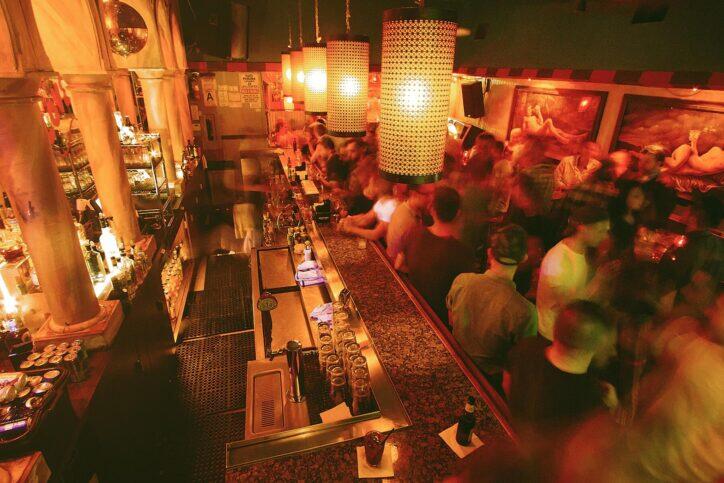
When COVID-19 hit L.A. early last year, it brought back eerily similar memories of the AIDS crisis all over again: an incompetent leader and a deadly virus that spreads quickly, with little known about its source or a cure.
With bars immediately forced to close, owners Alexander and Craig struggled making ends meet, but, in possibly one of the most inspiring L.A. success stories during the pandemic, managed to raise over $150,000 on a GoFundMe after being prodded by friends to ask the community for help. The tremendous success has saved Akbar from permanent closure.
“We know [we had] a responsibility to reopen, especially after this incredibly successful and humbling GoFundMe, and reopen safely and continue our mission, which was to have a good place for good people,” Craig says.
Far from the decadence and glam of Boystown in West Hollywood (WeHo), Akbar is truly a neighborhood oasis, with a vibrancy, an offbeat quality, and a neighborhood feel that could only be cultivated by two former club kids.
“The feeling that you get from Akbar is something that we’ve tried to bring to it. The diversity, and the inclusiveness, and the lack of some type of generic sameness—it’s not like a WeHo bar intentionally.”
“The feeling that you get from Akbar is something that we’ve tried to bring to it. The diversity, and the inclusiveness, and the lack of some type of generic sameness—it’s not like a WeHo bar intentionally,” Alexander says.
With the uptick in vaccinations, hopefully, by this summer we’ll all be able to sweat it out on Akbar’s beloved dance floor.
In the meantime, Akbar has recently reopened and converted their parking lot into “Akbar Alfresco.” And no, it’s not a mirage.
To continue to support Akbar, visit their website for full re-opening details and to purchase merch. Check out their Facebook for details on Akbar Alfresco.
To support the queer community in Los Angeles, consider donating to the Los Angeles LGBT Center.
